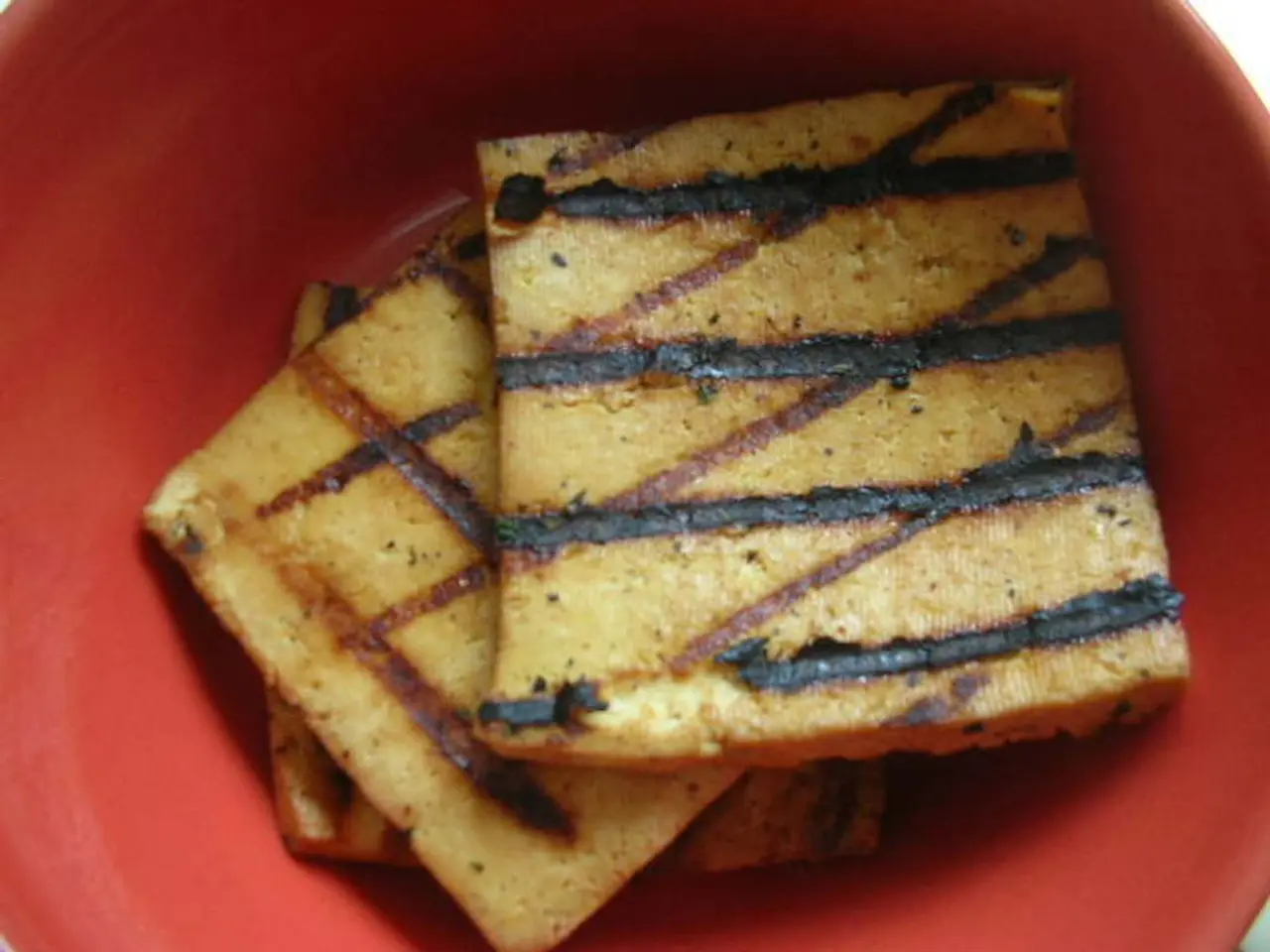High-fat diet link to elevated colorectal cancer risk uncovered
A recent study conducted by researchers at the Salk Institute and the University of California San Diego has shed light on the link between high-fat diets and colorectal cancer. The study, published in the journal Cell, reveals that high-fat diets can significantly alter the composition of the gut microbiome, leading to an increase in inflammatory bile acids and a potential risk for colorectal cancer.
According to the study, a high-fat diet alters the balance of gut bacteria, increasing the ratio of Firmicutes to Bacteroidetes. This shift in microbiome composition, as explained by senior study author Ronald Evans, PhD, can contribute to obesity and metabolic alterations linked to cancer risk.
One of the key concerns arising from this shift is the reduced production of beneficial metabolites such as short-chain fatty acids (SCFAs), particularly butyrate and acetate. These SCFAs play a crucial role in maintaining gut barrier function, regulating inflammation, and having anti-cancer effects by promoting healthy intestinal cells and inhibiting tumorigenesis. However, the dysbiosis induced by high-fat diets leads to decreased SCFA levels, weakening these protective effects.
Moreover, high-fat diets reprogram the gut microbiota to favour pro-inflammatory bacteria and metabolites, contributing to chronic inflammation, a known risk factor for colorectal cancer. The study also found that high-fat diets cause changes in digestive molecules known as bile acids, leading to their accumulation and toxicity, which can damage the intestinal lining and promote carcinogenesis.
The study further identified a key protein in the gut, the farnesoid X receptor (FXR), that could be targeted in anticancer therapies. An increase in bile acids can shut down the FXR receptor, which is involved in lipid and energy metabolism and reducing inflammation. The study suggests that by understanding this problem, researchers have a better idea of how to prevent and reverse it.
The study also revealed that changes in bile acids caused by high-fat diets affect the proliferation of stem cells in the intestines. Specific gut bacteria, such as Ileibacterium valens and Ruminococcus gnavus, were found to be more prevalent in mice on high-fat diets.
Dr. Jesse P. Houghton, a senior medical director of gastroenterology, stated that a high-fat diet increases the risk of colon polyp formation and colon cancer. However, he emphasised that up to 50% of colorectal cancer is preventable through a healthy lifestyle, exercise, and a balanced diet.
In addition, a recent study suggests that taking vitamin D supplements could help reduce the risk of relapse or death in a specific subset of digestive cancers, including colorectal cancer. While more research is needed to confirm these findings, it underscores the importance of maintaining a balanced diet in preventing colorectal cancer.
In conclusion, the study provides compelling evidence that high-fat diets can induce gut microbial shifts and metabolic changes that weaken gut barrier integrity and increase inflammation, collectively fostering an environment conducive to colorectal cancer. By understanding these links, researchers hope to develop targeted interventions to prevent and treat colorectal cancer in the future.




